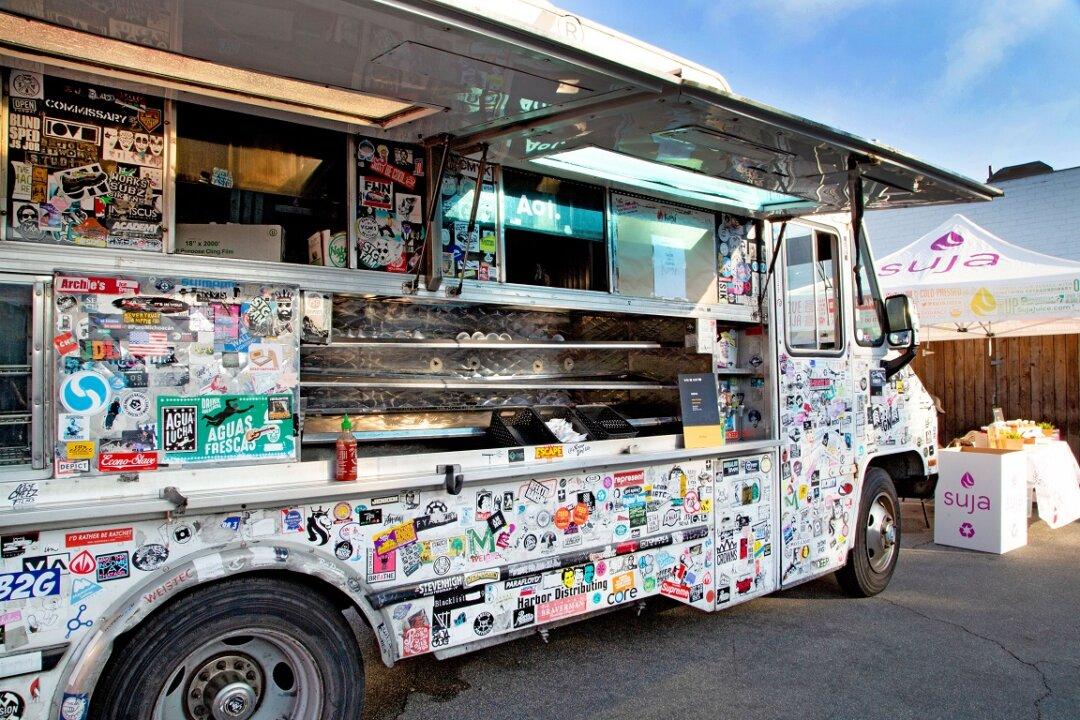The Beacon Center of Tennessee, a think tank advocating for free markets and limited government in the state, has filed a federal lawsuit against the city of Mt. Juliet, Tennessee, over what it deems as discriminatory and unconstitutional food truck regulations.
The lawsuit challenges an ordinance that imposes a fee of $100 per day on food trucks from outside the city, while local Mt. Juliet food trucks are charged only $100 per year.





